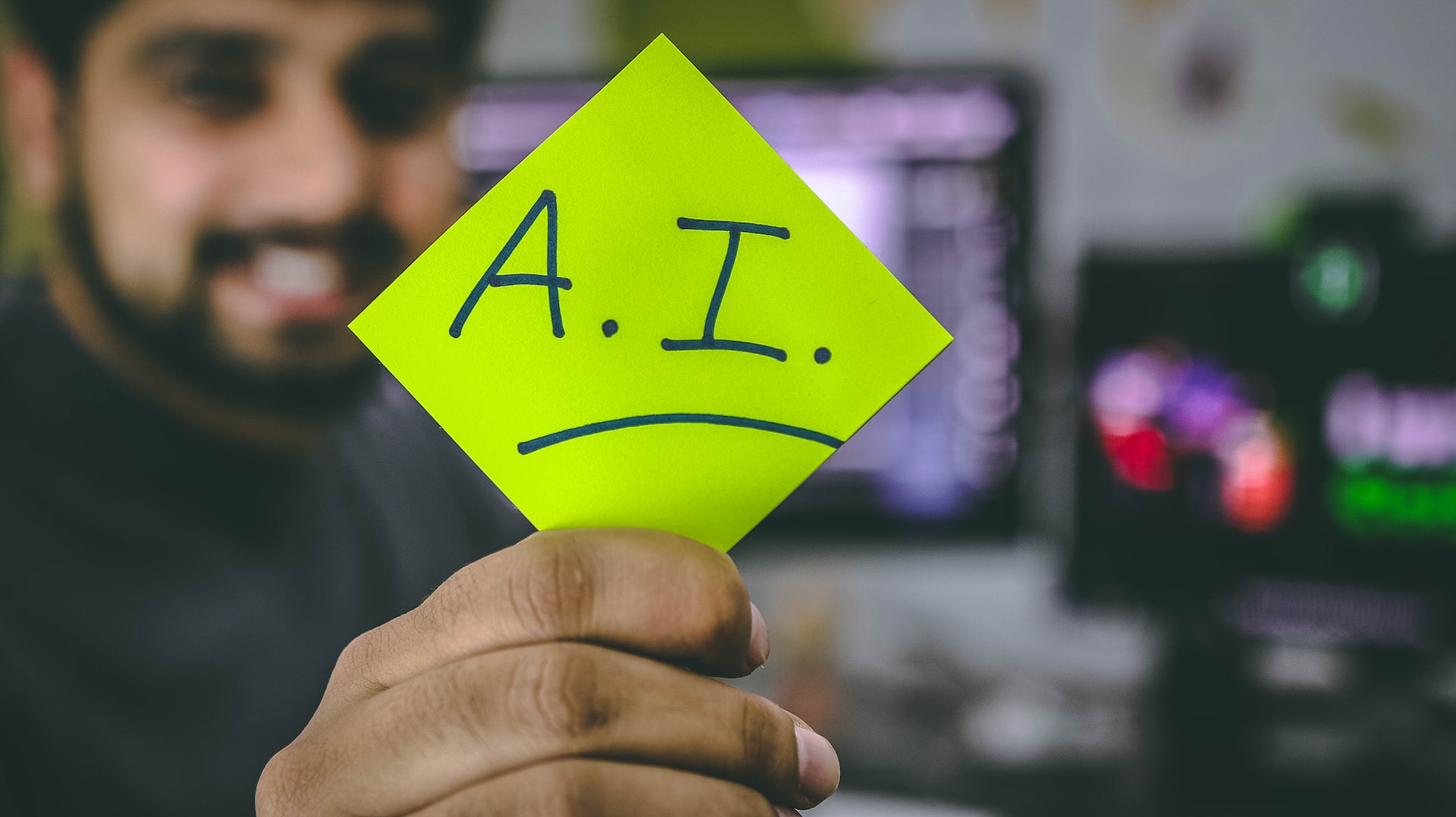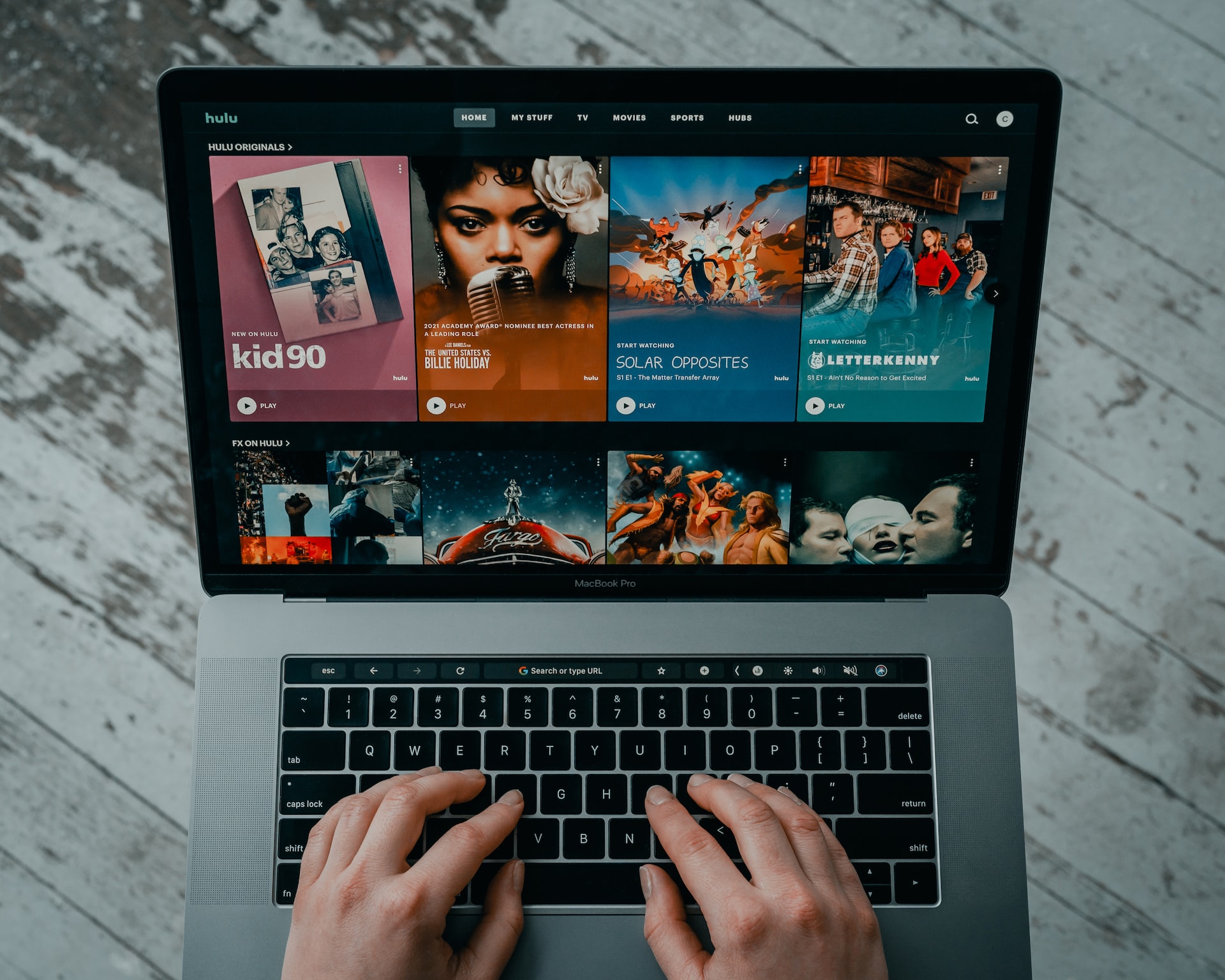
The Potential Impact of AI In Our Daily Lives
Artificial intelligence (AI) has been a topic of fascination and debate for decades, with many people both excited about its potential and concerned about its possible consequences. As AI technology continues to advance, it is becoming increasingly integrated into our daily lives, from virtual assistants on our smartphones to complex algorithms powering self-driving cars. In this guest post, we will explore the potential impact of AI on society and our daily lives.
Streaming apps

Streaming apps are another area where AI could have a significant impact.
Netflix, Amazon Prime Video and Hulu are all streaming services that rely heavily on recommendation algorithms. If you stream Netflix in the USA or Hulu in New Zealand, you’ll get the suggested content similar to what you’ve seen before. These algorithms work through machine learning and data analysis techniques. They learn from your viewing history and make predictions about what you might like based on your past choices.
In addition to recommending content based on your previous choices, streaming services also use AI for other purposes like marketing their services or improving the user experience with prompts for new shows or movies that are relevant to your interests.
Job market
One of the most significant impacts of AI on society is the potential for it to greatly disrupt the job market. Many jobs that were once thought to be immune to automation, such as those in the service industry, are now being performed by AI-powered robots and algorithms. While this may increase efficiency and productivity, it also has the potential to cause significant unemployment. In fact, a recent report from the World Economic Forum predicted that 75 million jobs could be lost to automation by 2025, with many low-skilled workers being the hardest hit.
However, not all the news is negative. While some jobs may be lost to AI, others will be created in the process. As AI technology continues to advance, new industries and job opportunities will emerge, such as AI development, data analysis, and AI ethics. Additionally, AI has the potential to improve existing jobs and make them more efficient, allowing workers to focus on higher-level tasks and creative problem-solving.
Entertainment and media

AI is going to revolutionize the entertainment and media industries. AI can create content that is more engaging and relevant to consumers, which will be a huge help when it comes to marketing.
One of the ways that AI will impact these industries is by automating some of the creative processes. For example, software programs can take in large amounts of data, analyze it for patterns and trends, then use those patterns and trends as inspiration for new ideas or products. This means that music producers will be able to create albums based on popular songs from other artists—and video game designers could craft games based on what people are already playing (think Fortnite).
AI will also help with analyzing big data —which has been proven time and again as one of the best ways for companies like Netflix or Amazon Prime Video (or even just your local movie theater) make money off their customers through targeted advertising strategies or recommendations based on past viewing history!
Restaurants
AI is also being used to improve the quality of food and service in restaurants. In China, a company called EZTABLE has developed an AI-powered waiter that enables customers to order food and drinks from their tables. The waiter uses facial recognition technology to identify users, who can then place orders by talking through a built-in speaker system or via smartphone app.
The AI-powered waiters have already been put into operation at several restaurants in Beijing and Shanghai; they are said to be capable of providing accurate information about menu items as well as suggesting dishes based on the user’s preferences. In addition, they are able to converse with customers while taking orders, making it easier for them to communicate with staff members regarding changes in orders or special requests like splitting tabs between groups of people sharing meals together at one table (Ding).
Education

The impact of AI on education is varied, but can be broken down into three categories:
- Personalized learning. If a student struggles with math and is also interested in art, AI could help teachers identify that and introduce additional resources to support their learning.
- Adaptive learning. Algorithms can analyze a student’s performance and adjust the curriculum based on their strengths and weaknesses, which should help improve outcomes for all students.
Health care
In the field of health care, AI could be used to improve patient outcomes and reduce costs. It can help with diagnosis, treatment, and even drug development.
AI will be able to analyze data from health records like never before. This means that it may become possible for patients to receive personalized treatment plans based on their genetic makeup and medical history.
Additionally, AI could assist in developing new drugs by quickly identifying compounds that have the potential for being effective against a disease (see image below). This research could also make it easier for scientists to identify alternative treatments by allowing them to study thousands of compounds at once instead of just one at a time.
Wrapping Up:
While the potential impact of AI on society is exciting, it’s important to keep in mind that these technologies are still in their early days. There are many issues that need solving before we can see their full potential realized. However, if this technology continues on its current trajectory, we could soon see innovations such as home assistants that help us with our daily chores and doctors who can diagnose diseases based on a patient’s symptoms alone.
